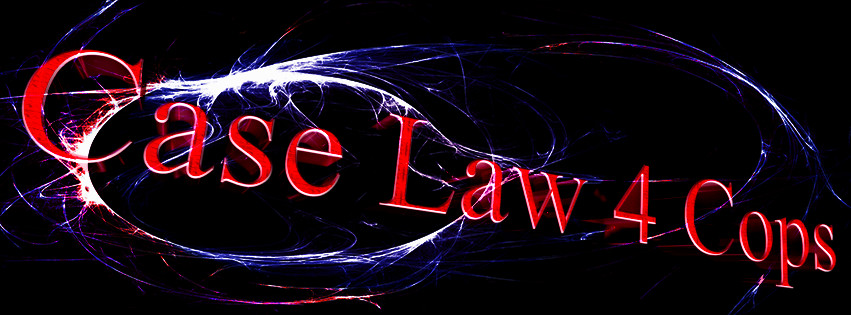Any person that wants to be a police officer must accept the inherent risks that go with the job. At any moment, on any traffic stop or call, anything can happen to a police officer. We proactively seek out offenders committing crimes. We also respond to calls from the citizens of our communities who need us to stand between them and the violent criminals that may pray upon them. We wade into the fray and break up fights and riots. We search homes and businesses for burglars. We apprehend drug dealers, armed robbers, and murderers. Many times these criminals do not quietly succumb to the authority of the arresting officer. They often will use any means available to them in order to resist arrest and escape. Thousands of times a year, police officers across this country are beat, kicked, bludgeoned, stabbed, and shot protecting citizens and property alike. The reason I wrote this article is to discuss concerns about a growing trend. More and more citizens think that not only is it our job to take risks, but it is also our job to take the abuse.
Prosecutors are having a harder time getting juries to convict criminals for attacking and injuring officers. Many times criminals are not even being successfully prosecuted to the fullest extent of the law for murdering officers. Citizens are starting not to think of police officers as their peers. Police officers by the nature of their job are being treated like a separate class of citizen. And, as a consequence of this status, police officers should have to endure the mistreatment and abuse from criminals without justice for themselves.
There are many stories about citizens falling prey to criminals, and the great effort police departments go through to catch them and bring them to justice. From the initial reporting officer, to the crime scene investigator and detective, each one does his or her part to bring the bad guy closer to his deserved judgment. The charges are filed and the court date is set. When the trial begins, all the officers stand with the victim and present the facts to the jury. The jury, peers to the victim, identify with the victim. They think, "But for the grace of God, there go I." The jury will have a natural tendency to put themselves in the shoes of the victim and be touched by the victim's ordeal. The jury's sympathy will lend to a successful prosecution. Most of the citizens in the general public support and help victims of crime. They will further support the prosecution and punishment of the victimizer. Police officers stand with the citizens in their time of need. It is not too much to ask for police officers to expect the same in return. The citizens should fully support the prosecution and punishment of anyone that attacks and hurts a police officer.
It is easy for people to say, "So the cop got some ribs broken arresting that guy for burglary. It's part of his job. I don't care if he got hurt." What is the logical conclusion if this attitude becomes wide spread? It is true that police officers do have to accept risk as part of their job. They, however, get to decide what level of risk they want to take. If citizens stop supporting officers that get hurt by criminals, then officers will understandably be less willing to risk their safety to help them. It is clearly in the best interest of our society for both citizens and police to fully cooperate and support each other. For, when that ends, only the criminal wins.
